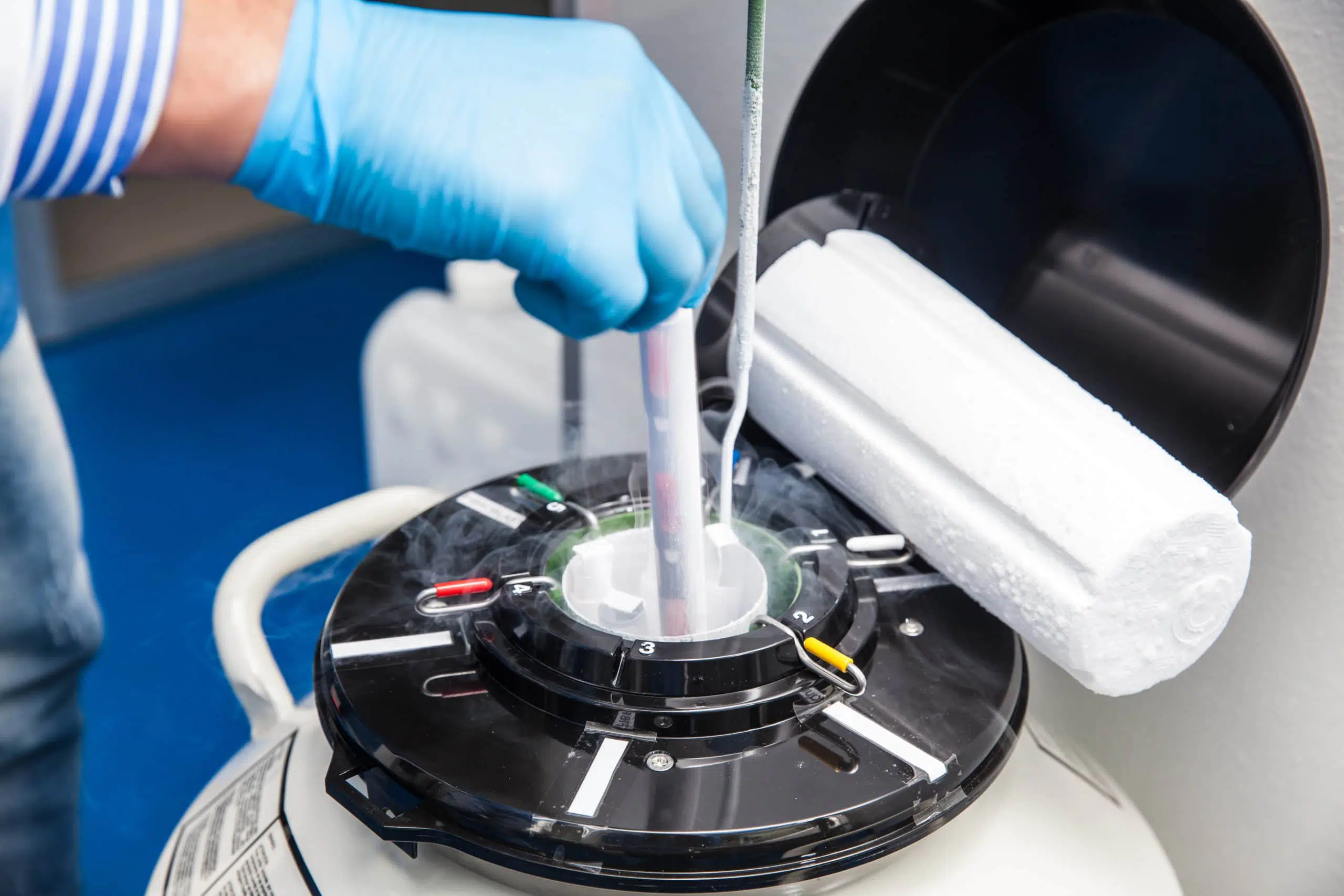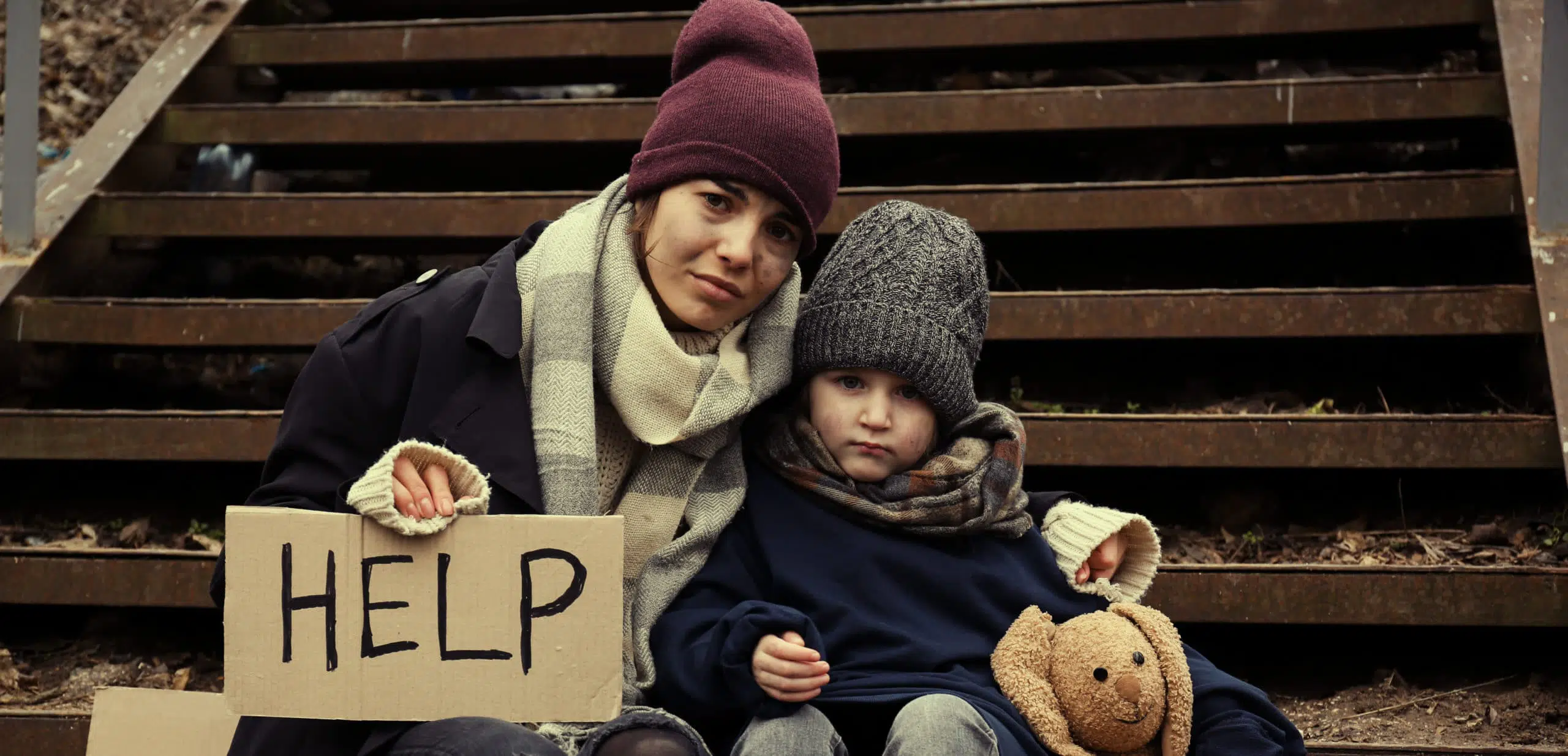Surrogacy Ethics: What Did Pope Francis Say?

Pope Francis has recently spoken about surrogacy, saying:
In this regard, I deem deplorable the practice of so-called surrogate motherhood, which represents a grave violation of the dignity of the woman and the child, based on the exploitation of situations of the mother’s material needs. A child is always a gift and never the basis of a commercial contract. Consequently, I express my hope for an effort by the international community to prohibit this practice universally. At every moment of its existence, human life must be preserved and defended; yet I note with regret, especially in the West, the continued spread of a culture of death, which in the name of a false compassion discards children, the elderly and the sick.
There has been significant backlash to Pope Francis’ surrogacy comments, with individuals stating he does not understand what families need or is invalidating people. But pointing out the immorality of a practice doesn’t mean that people are invalidated, nor that the Pope does not understand the pain of infertility.
Indeed, the Pope’s comments are backed up by the Catechism of the Catholic Church, which states:
Techniques that entail the dissociation of husband and wife, by the intrusion of a person other than the couple (donation of sperm or ovum, surrogate uterus), are gravely immoral. These techniques (heterologous artificial insemination and fertilization) infringe the child’s right to be born of a father and mother known to him and bound to each other by marriage. They betray the spouses’ “right to become a father and a mother only through each other. (CCC 2376)
We can see clearly, through both Pope Francis’ comments and paragraph 2376 of the CCC, that surrogacy carries significant moral implications. Even beyond the fact that the surrogate mother and child are being used as commodities, and that the practice disrupts the unity of husband and wife, surrogacy has long-lasting effects on those who are a part of its transactional nature.
Surrogacy Creates Hurt
Olivia Maurel, a child of surrogacy, is outspoken in the trauma she suffered due to being used as a commodity in a transaction and being separated from her mother who carried her for nine months.
Olivia was born from a “traditional” surrogacy, meaning that her parents used IVF and combined her intended father’s sperm with the surrogate mother’s egg, as opposed to using the eggs of the intended mother.
Olivia said about her surrogacy trauma: “Mere seconds after I was born, I had been rapidly removed from the woman who had become pregnant with me — using her own eggs — and had carried me for nine months. Rather than being placed in my biological mother’s arms to be nurtured and adored, I was handed over to a man and woman who had, put simply, paid an awful lot of money for me.”
Olivia talks openly about the feelings of abandonment she experienced and how that negatively affected her relationships, including her ability to have friends. Olivia said in an interview: “I have difficulty having friendships because I suffocate people…I’m so scared that they’ll leave that I suffocate them.” Her views on surrogacy’s legal status are clear cut, and they align with what the Church teaches. She states simply: “There is no such thing as a ‘good’ surrogacy.”
She goes on to say: “The reality is a woman’s body is still being rented and a baby is still going to be separated from its birth mother. In my view, it makes no difference if the surrogate is not the biological mother. It’s her womb that has nurtured the child. It’s her voice the baby has heard day in, day out, as it grows within her. It’s her scent that will soothe the child. It is her they feel bonded to.”
Olivia mourns the fact that she never had that close connection with her biological mother and was robbed of a chance to feel secure in her relationships.
Olivia Maurel is not the only one who is speaking out against surrogacy. Prominent feminist Gloria Steinem has spoken out against legalizing the practice in New York, saying: “Women in economic need become commercialized vessels for rent, and the fetuses they carry become the property of others.”
Surrogacy Takes Advantage of Women
Despite this, tragically, surrogacy is still widely practiced today, especially among poor women as an “easy” way to make money (which is further exploitation). The practice also appears to have overlap with human trafficking: “The surrogacy trafficking trade used the same network that was used for domestic work and sex trade from the poor regions of India into urban areas. These unmarried girls [were] impregnated with embryos without their consent. Others were confined in homes and when some girls tried to run away, they [were] caught, brought back and beaten.” Additionally, anyone can open a surrogacy business. This laxity opens the door wide open for traffickers to exploit women and take advantage of them while they are in desperate situations – legally.
And surrogacy contracts may oblige the woman to do as the intended parents wish – even if it goes against her conscience. An example would be if the child or the surrogate was diagnosed with a disease and the intended parents demanded an abortion, the surrogate mother would not be able to resist without breaking a legal contract. Even so, abortion in such cases cannot be justified. A child is a child, even when conceived under a contract.
Such was the case of Brittney Pearson, a surrogate who alleged that the gay couple who she was carrying a child for demanded an abortion after Brittney was diagnosed with breast cancer.
Initially, Brittney thought that the cancer could be mitigated through chemotherapy that would not harm the child. But as doctors realized the full extent of the cancer, it was clear that she would have to undergo more aggressive chemotherapy. The intended fathers feared the child had “no chance at life” and did not want the child born early because they allegedly felt the child might have health problems.
Brittney ended up delivering the child, though she did not specify whether it was through abortion or induction. She has only stated the child has died, but stated her mother was able to hold him and take pictures. “I would have done things differently, I didn’t understand it since [the intended fathers] didn’t see him as a baby at all.”
Women and Children Deserve Better
Children born via surrogacy or IVF hold as much dignity and worth as anyone else and must be treated as such. This is precisely why the act of surrogacy is so degrading to the child, as it turns him into a transaction as if he were an object, and it robs the child of his right to be born through the union of husband and wife alone. Those born via IVF are similarly degraded, and the “excess” embryos (newly formed human beings) are frozen for future use or experimentation or are simply discarded as waste.
It is not the child involved in surrogacy or IVF that Catholics object to, as we love and cherish all children. Once a child is formed in the womb (or in a lab), he must be treated with the respect owed to any human being. It is the practice that degrades them that is unacceptable.
The surrogate mother can either be paid (commercial surrogacy) or carry the child for free (altruistic surrogacy). The legality of surrogacy in all of its forms varies from country to country, and within the US, state to state. Many support this practice as a way for couples who cannot conceive or carry to have children of their own. While the desire to help infertile couples is commendable, surrogacy is a highly immoral practice, being exploitative in its nature.

Frozen embryos are stored in liquid nitrogen
In short, Pope Francis’ comments on surrogacy were absolutely correct. Both the woman and the child are victims of exploitation, being used as commodities in a financial transaction rather than as humans with inalienable dignity and worth. Additionally, surrogacy interrupts and contradicts the beautiful gift of self-giving that is the conjugal act between husband and wife. Let us pray that this practice ends and those involved find healing, that women in desperate need find help outside of surrogacy, and that infertile couples are able to conceive.




